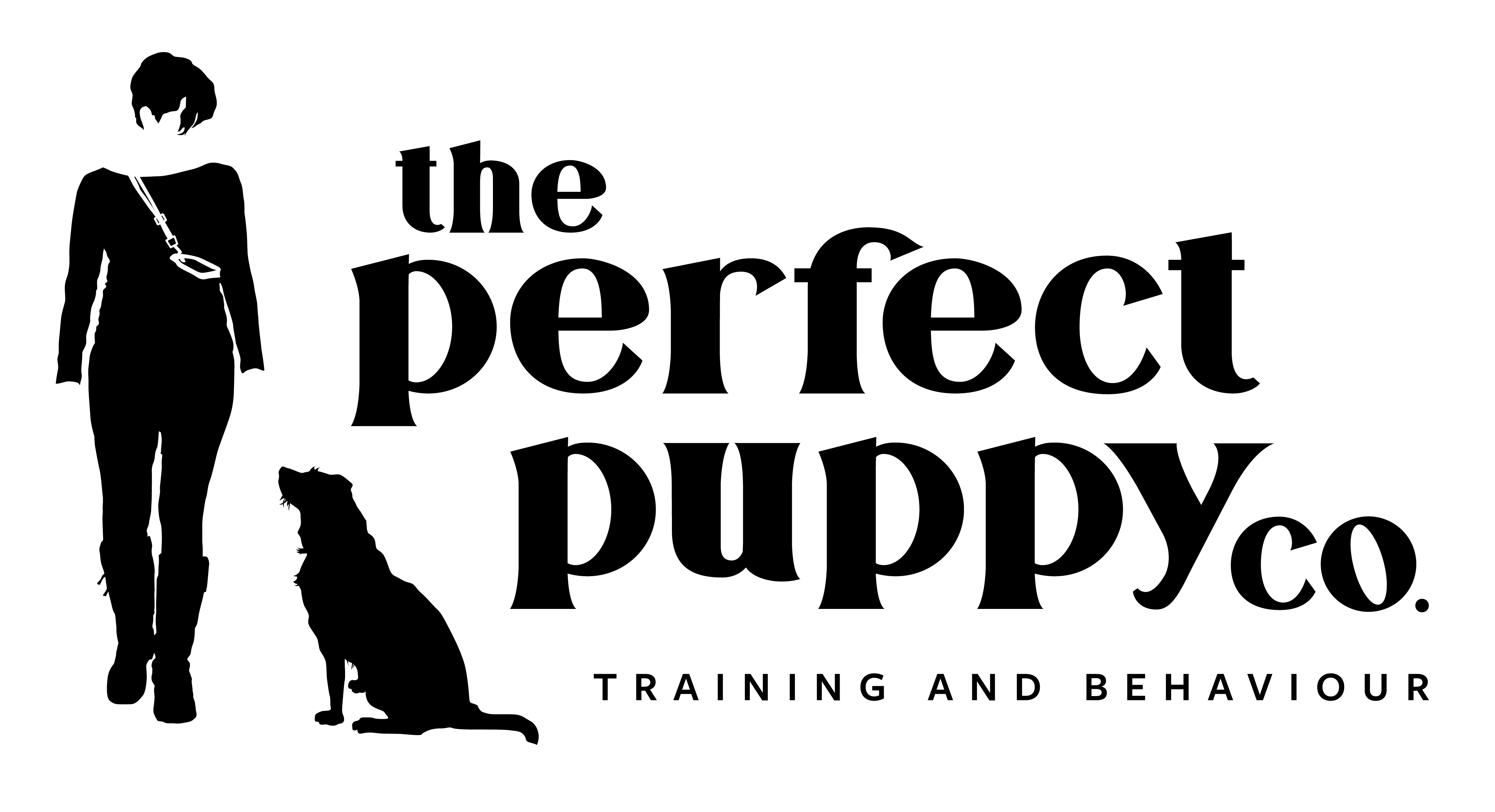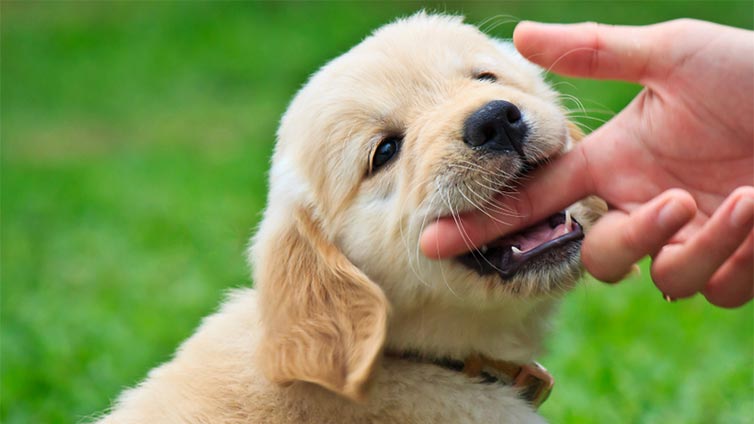MOUTH MANNERS: Why Puppies Bite and What To Do About It
IT'S NORMAL!
Puppies bite and nip. All of them. Every single one. If you have a puppy you will be chewed at some stage. It's inevitable and unavoidable and if that's a deal breaker maybe a puppy isn't for you!
Puppies use their mouths to explore the world, in play and to communicate. Mouthing and play biting is totally normal puppy behaviour. Yes, some puppies are 'mouthier' than others but they all do it to some extent. And because it is natural, normal behaviour trying to stop it completely is unrealistic and likely to lead to frustration all round.
So the first stage in dealing with puppy biting is to accept that it will happen.
The next step is to understand why our puppies are likely to be 'bitey' because understanding that will help you handle it more effectively.
WHY YOUR PUPPY IS BITING AND WHAT TO DO ABOUT IT
Your puppy is likely to become mouthy when they are over excited or have an unmet need. Are they tired? Are they hungry? Do they need the toilet? Do they want to be left alone? Has play gone on too long and they need a break to calm down? Consider whether any of these are possibilities and address any unmet needs as a first step.
Make sure your pup is getting enough sleep. The single biggest thing you can do to reduce puppy biting is make sure your puppy is getting enough rest. A tired pup is much more likely to be 'bitey'. For optimal health and wellbeing a puppy needs around 18 hours sleep a day. If your puppy is falling short of that target try putting them down for more regular naps throughout the day. Remember a puppy isn't likely to make good sleep choices independently so we need to help them settle by giving them a safe, quiet, comfortable spot to rest in.
Keep play calm and controlled. Puppies can become over excited very easily and that makes them more likely to become 'mouthy'. Alternate short bursts of excited, high energy play with calmer, low arousal activities like searching for treats scattered on the floor.
Keep your movements smooth and predictable, especially when handling your puppy. Fast movement is stimulating for puppies and more likely to encourage them to bite.
If you are satisfied that all of your puppies needs are met and that he isn't overtired then gently redirect your pup onto a long fleecey tug toy. Don't shout or startle your puppy, just gently remove your hands/feet/clothing and redirect his attention to the tug toy. We're teaching him 'you can't chew me but you can chew this'. Some dogs may prefer a chew toy or food chew instead. Make sure to keep the tug game gentle and slow moving...too fast and you'll increase arousal making biting more likely.
If your puppy persists in trying to bite your hands and ignores the toy simply stop the game and move away. There's no need to shout or say 'No!". When your puppy begins to calm down reinforce that behaviour by calmly interacting with him.
If the biting still persists then it's almost certain that your puppy is too tired and/or too over stimulated to be able to calm themselves and they need a rest. Settle your puppy in their crate; if you need to, sit down beside them with your phone or a book, breathe deeply and just relax. Your relaxation will help your puppy relax too. The crate isn't being used as a punishment - you're simply helping your puppy get the sleep he desperately needs to re-balance himself.
OTHER TIPS
Don't try to handle your puppy when they are already over excited or over aroused. You're only setting them and yourself up to fail.
It's really common to a see spike in biteyness and other frantic behaviours in the early evening. This is almost always due to over tiredness. In this case put your puppy down for a nap. If they are overtired this is the single best thing you can do for them and other tactics are likely to fail leading to frustration for you and yet more over arousal for your puppy.
When your pup is calm hand feeding them and gentle, slow petting can teach them human hands around them are a good thing and not something to be chewed.
Don't yelp! High pitched yelping can sometimes stop biting but if it does it's because your puppy has been scared or startled and that's not a great way to start your relationship together. And, for many puppies, it simply excites them more and makes them even more aroused and bitey.
Teach children not to run away or screech in response to biting. It will only make things worse. Teach them to Be A Tree - stand still, tuck their arms in, stay silent and be as boring as possible until an adult comes and removes the puppy.
The best fleecey tugs are homemade. Shop bought ones are rarely long enough and are also often to rigid for a puppy's soft little body. Take a piece of fleece, cut it into strips, tie a knot at one end, pleat & knot at the other. The tug should be at least 3 feet long to keep your hc and the pup's teeth far apart. Have plenty of these scattered around your home so that there's always one to hand if you need it (top tip - Ikea's Vitmossa throw is a lovely stretchy fleece, costs just £1.75 and can give you around 6 tugs!)
Remember....puppy biting can be challenging and it can seem relentless but it is normal, it is a phase and it will pass if handled properly. Hang in there!
Happy Training, Aileen x

